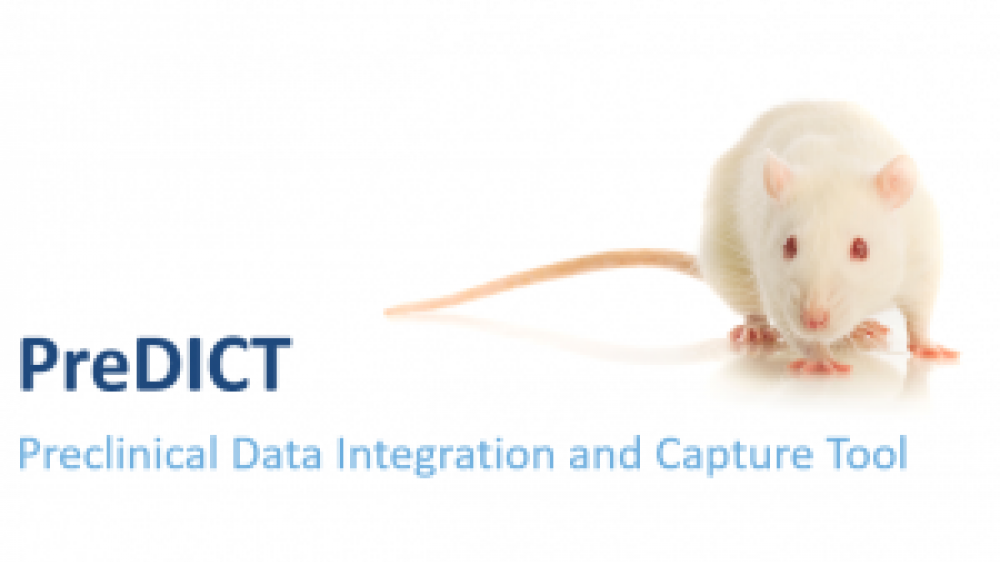A study recently published in Disease Models & Mechanisms describes a new approach for inducing stroke in mice that reduces variability in the experimental model.
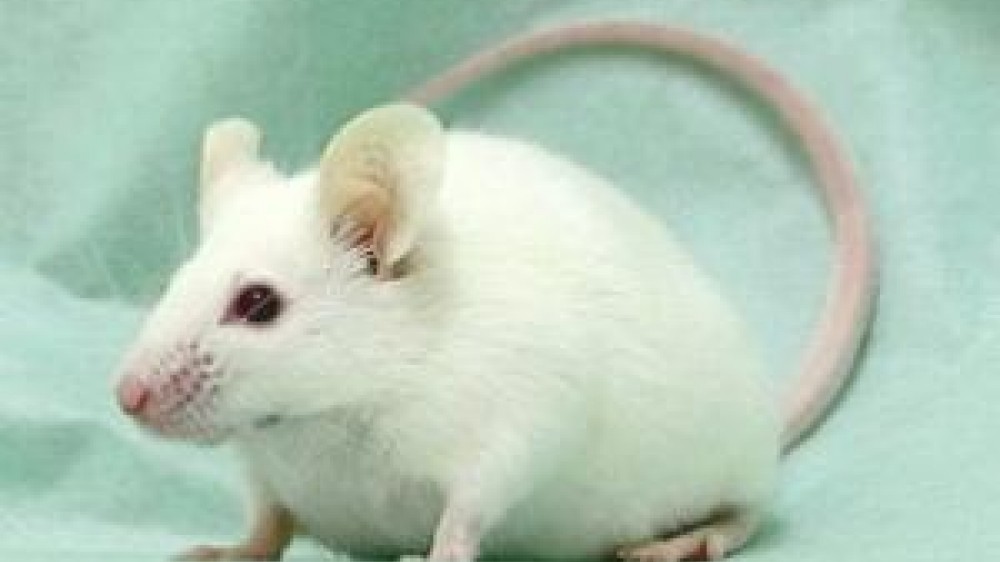
A study recently published in Disease Models & Mechanisms describes a new approach for inducing stroke in mice that reduces variability in the experimental model.

Dr Peter Hohenstein from The Roslin Institute, University of Edinburgh and International Society for Transgenic Technologies, shares his impressions from the 14th Transgenic Technology Meeting (TT2017) which took place last month.

We have teamed up with LabAnimal and the North American 3Rs Collaborative to bring you “3 Minute 3Rs”, a new monthly podcast summarising the latest research and news in 3Rs science and technology.
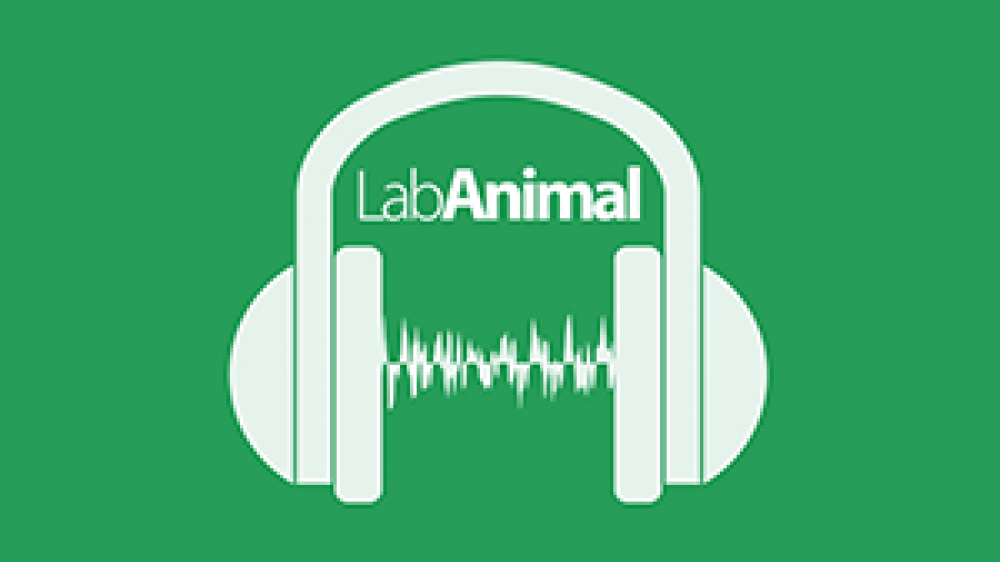
Researchers from the University of Edinburgh have developed a new system to study Creutzfeldt-Jakob disease (CJD) in vitro.
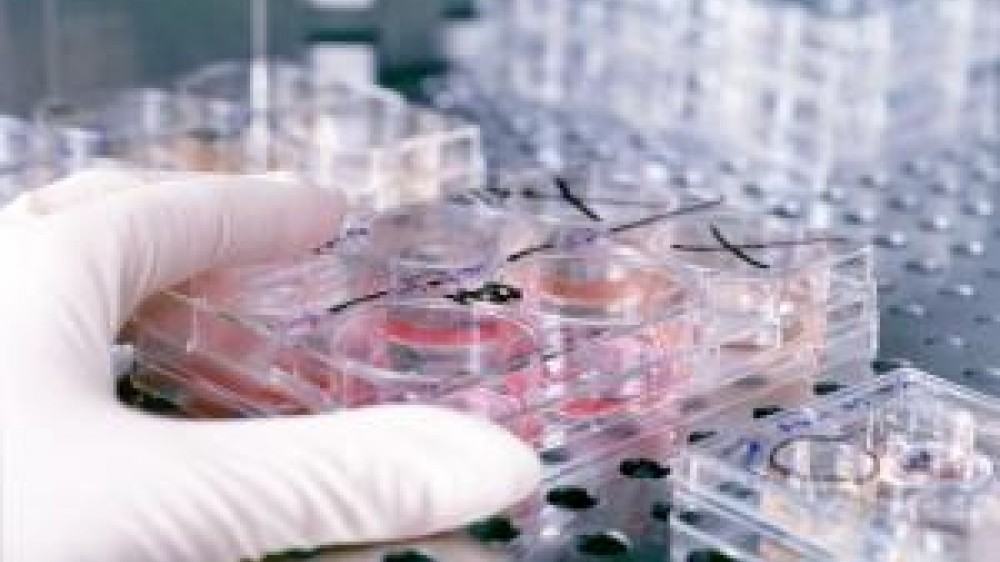
Fifteen new PhD studentships totalling £1.35 million have been awarded by the NC3Rs across leading UK institutions for exceptional 3Rs research and training projects.
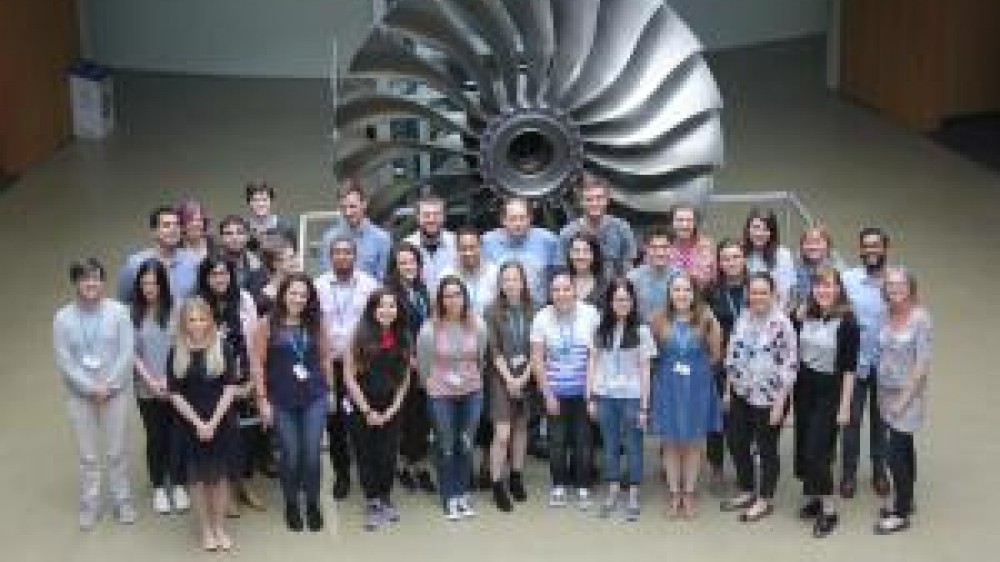
Our annual 3Rs prize highlights an outstanding original contribution to scientific and technological advances in the 3Rs.

Researchers at the University of Sheffield have developed a new cell-based assay to test the quality and safety of pharmaceutical botulinum neurotoxin without the use of animals.
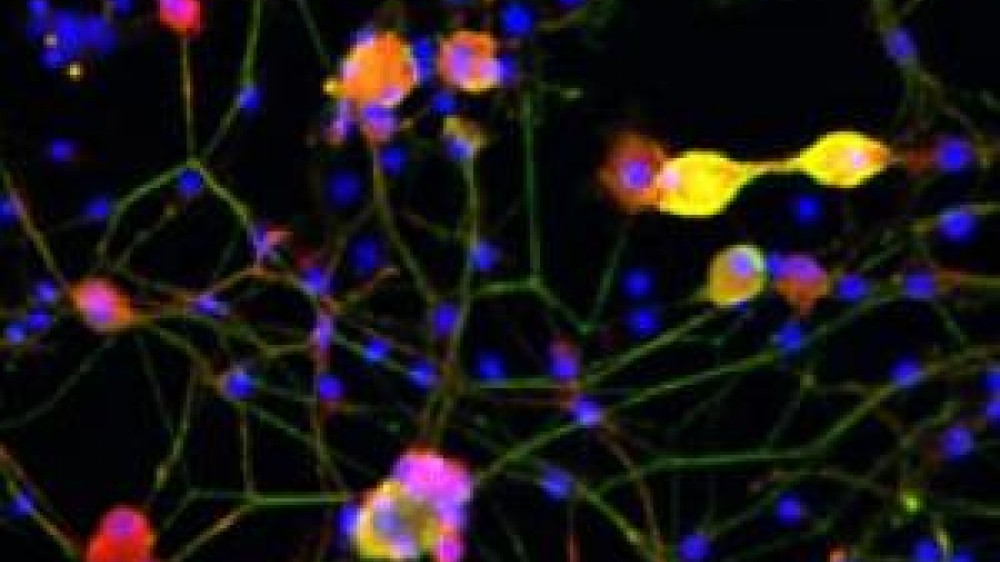
For over a decade, the NC3Rs guidelines ‘Non-human primate accommodation, care and use’ have set the standard for publicly funded research involving non-human primates (NHPs).
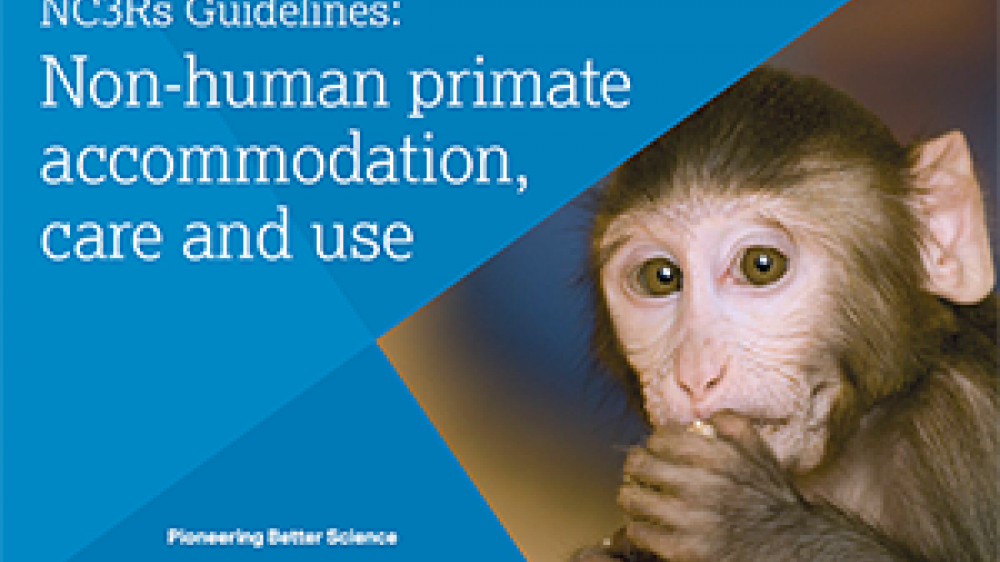
A new study has shown that group housed zebrafish show lower levels of stress and anxiety when they undergo stressful or painful procedures like fin clipping than those who are housed singly.
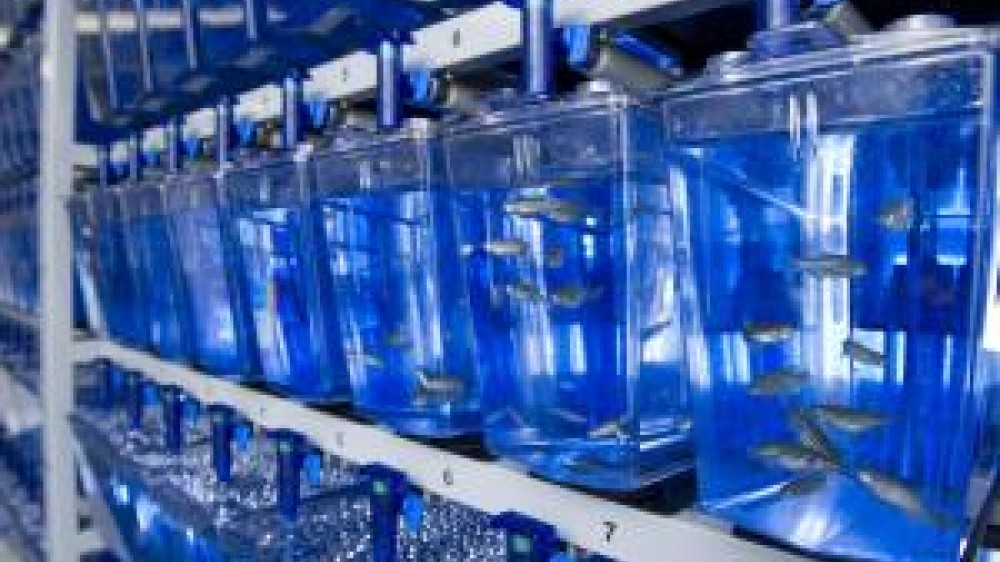
Two new papers, published today and yesterday in Nature Methods and PLOS Biology describe the Experimental Design Assistant (EDA), a free-to-use, online resource developed by the NC3Rs in collaboration with a team of innovative software designers and
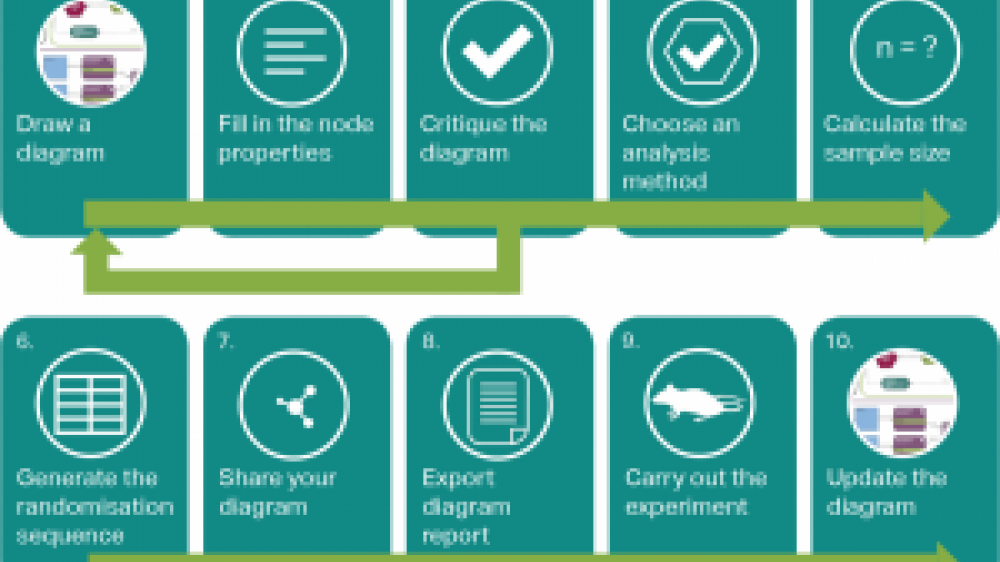
A new paper, published today in PLOS ONE describes an automated home cage monitoring system for rats developed through the NC3Rs CRACK IT open innovation platform.
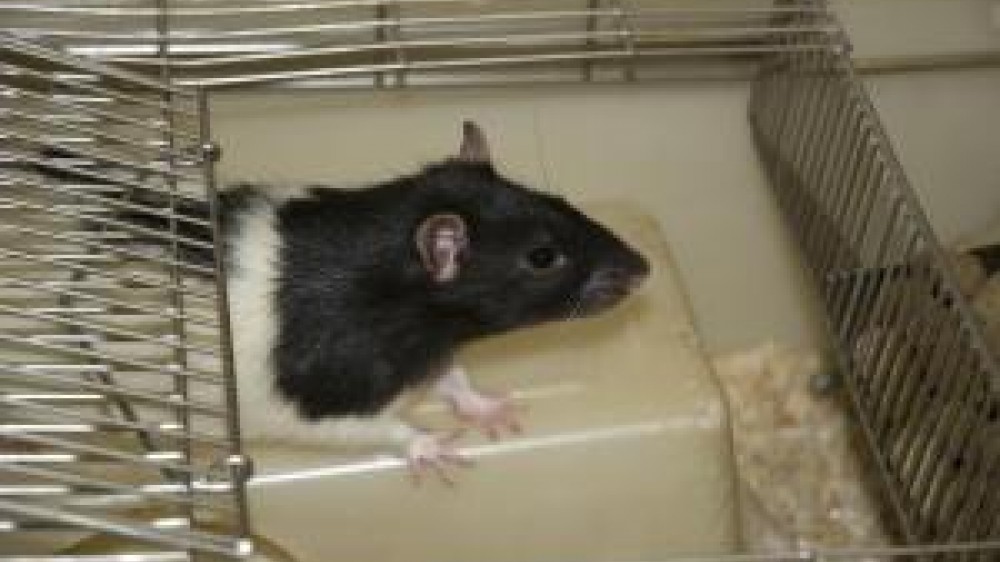
Our Training Fellowship scheme is designed to support the development of promising early career researchers with less than three years’ post-doctoral experience.
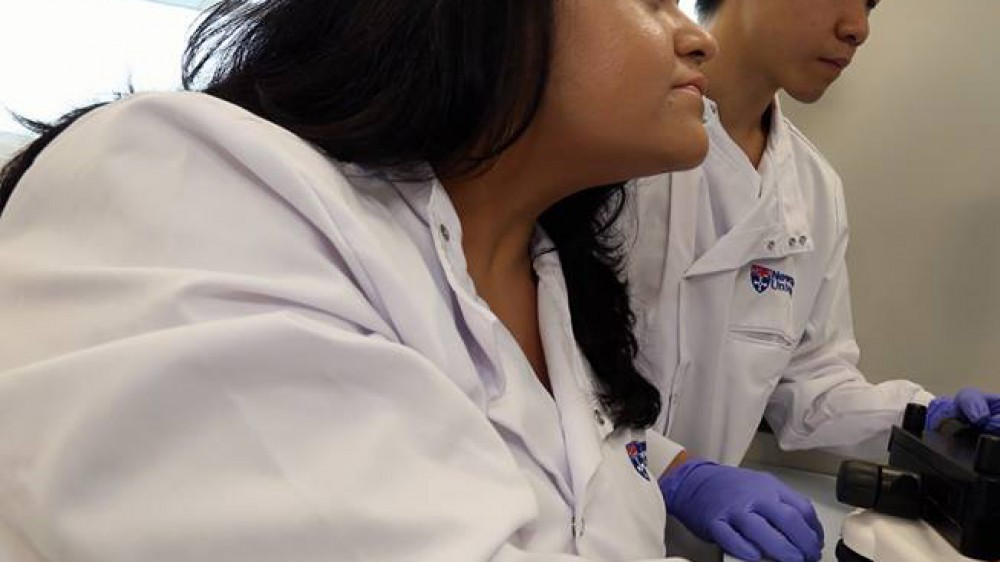
The University of Nottingham hosted the fifth annual NC3Rs Summer School over two and a half days in late July.
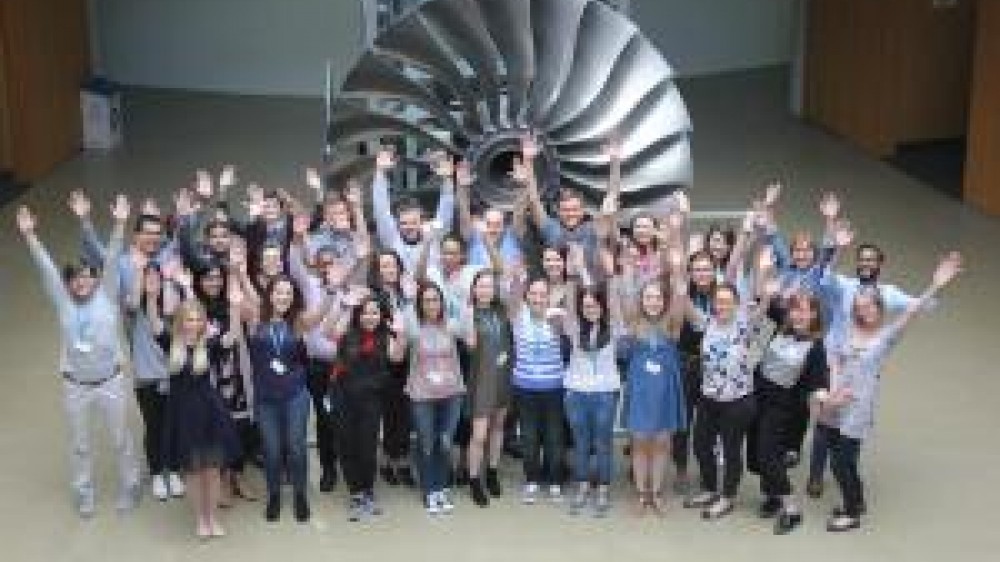
An expert working group led by the NC3Rs has conducted a survey to assess how often regulatory ecotoxicology studies are being repeated because they do not comply fully with standard test methods.
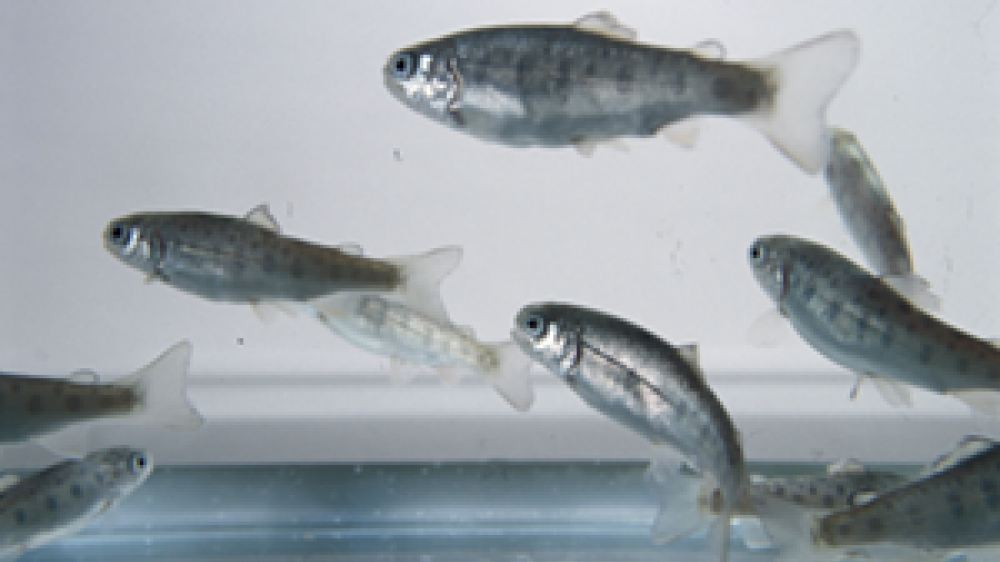
Two teams have each been awarded £1million of funding to deliver Phase 2 of the 2016 CRACK IT Challenges.

NC3Rs funding for inter-disciplinary research which combines electrical engineering and neurophysiology has resulted in a new product for brain recordings in mice that avoids many of the welfare concerns associated with existing approaches.
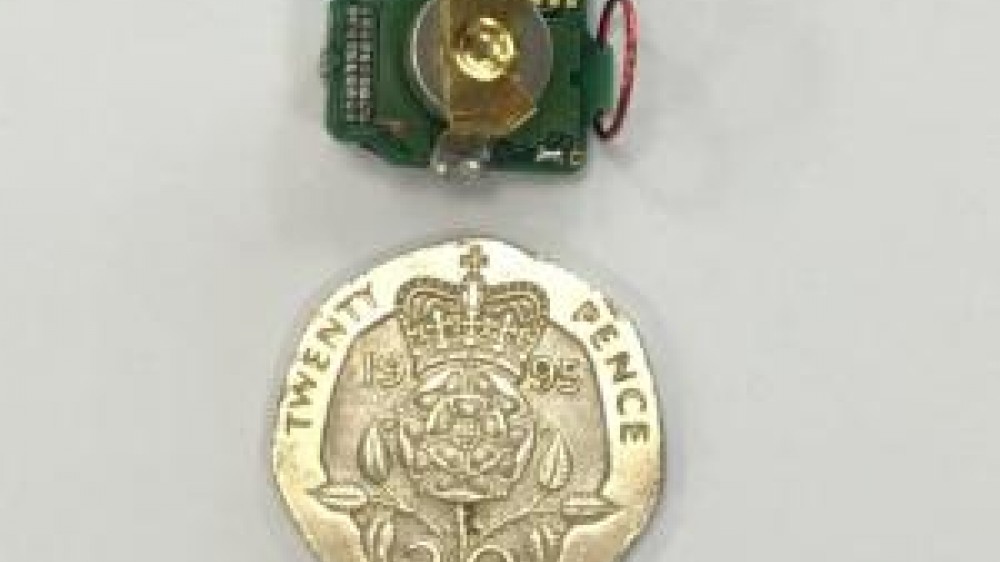
Over the last two years, representatives from the UK’s stroke research community have been working, in a collaboration led by the NC3Rs, to improve the welfare and increase the scientific value of rodent models of stroke.

In a transatlantic collaboration, scientists from the NC3Rs and the Yerkes National Primate Research Center at Emory University, Atlanta, Georgia have conducted the first ever survey of the approaches used for training monkeys for chair restraint.
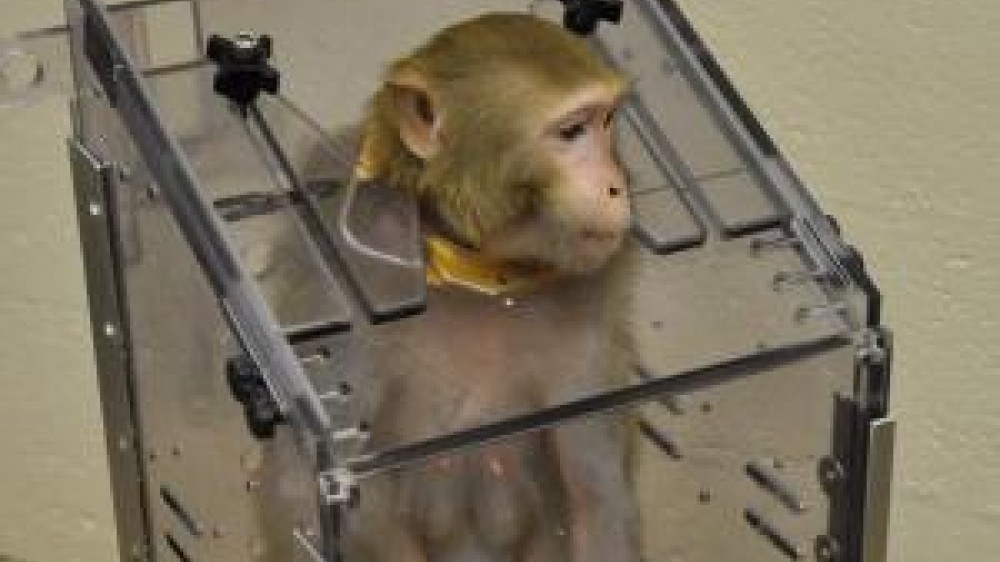
The 2017 CRACK IT Challenges competition consists of three Challenges identified jointly by the NC3Rs and Sponsors.

The second blog post in our series ‘Data, data, data’* is by Owen Jones from AstraZeneca. Owen describes their work on the PreDICT project to improve data management from in vivo experiments and reduce the use of animals in its research.
